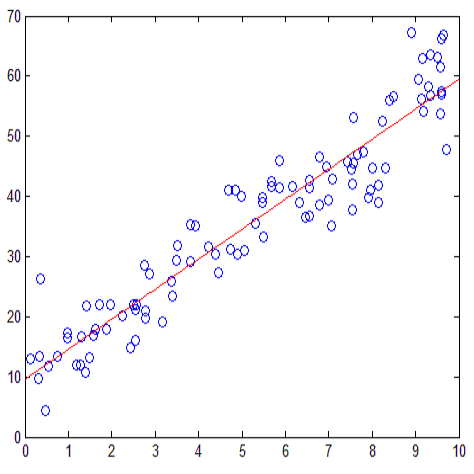We propose Narrowest Significance Pursuit (NSP), a general and flexible methodology for automatically detecting localised regions in data sequences which each must contain a change-point (understood as an abrupt change in the parameters of an underlying linear model), at a prescribed global significance level. NSP works with a wide range of distributional assumptions on the errors, and guarantees important stochastic bounds which directly yield exact desired coverage probabilities, regardless of the form or number of the regressors. In contrast to the widely studied "post-selection inference" approach, NSP paves the way for the concept of "post-inference selection". An implementation is available in the R package nsp (see https://CRAN.R-project.org/package=nsp ).
翻译:我们提议采用一般和灵活的方法,在数据序列中自动探测当地区域,每个数据序列必须包含一个变化点(被理解为基本线性模型参数的突然变化),具有一定的全球意义; NSP对错误进行广泛的分配假设,保证重要的随机界限,不论递减者的形式或数量,直接产生所希望的准确覆盖率概率; 与广泛研究的“选后推断”方法相反, NSP为“事后选择”概念铺平了道路,可在Rpp中查阅(见https://CRAN.R-project.org/package=nsp)。





